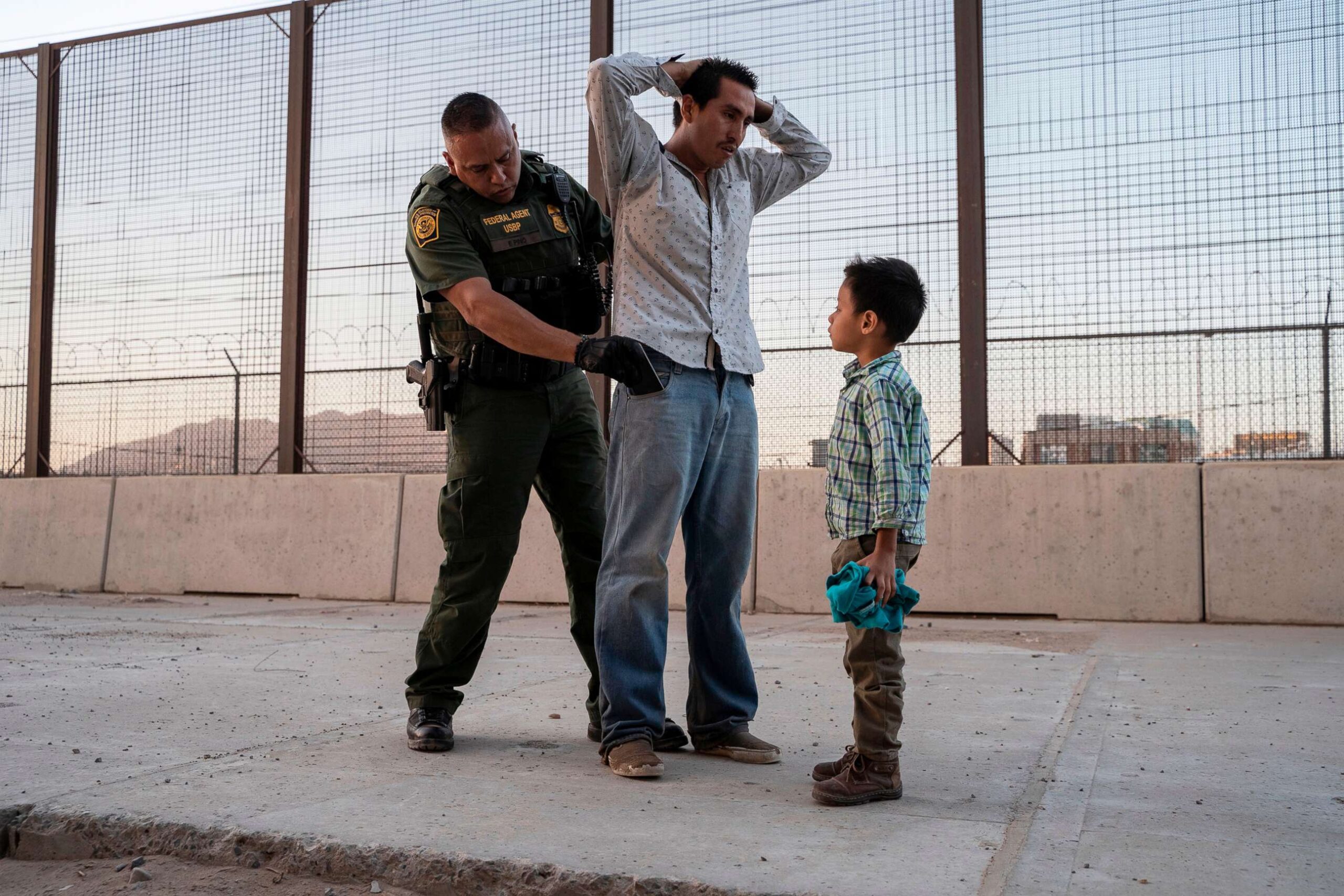- April 12, 2025
Supreme backing of Trump’s expedited deportations

Access HERE
Washington, DC – Below is a column by Maribel Hastings from America’s Voice en Español translated to English from Spanish. It ran in several Spanish-language media outlets earlier this week:
In a narrow decision (5-4), the nation’s Supreme Court ruled that, for now, the government of Donald Trump can continue deporting Venezuelans under the Alien Enemies Act of 1798. However, the court declared that immigrants must be notified that the government wants to remove them under this law and that they have the right to challenge their deportation order before a judge.
In that way, the decision allows both Trump and the American Civil Liberties Union (ACLU), which represents a group of immigrants, to claim victory. But in reality, the Supreme Court did not address the constitutionality of the archaic law, and there are many details to clarify about the future of those who were already deported and incarcerated in the CECOT prison in El Salvador.
Moreover, now the immigrants must appeal their cases in Texas, where they are detained, and before conservative judges with a high probability of ruling in Trump’s favor.
It remains to be seen, moreover, how the Trump administration will handle this, as it continues to trample on due process and the rule of law, in a vicious war against immigrants of color that can affect both citizens and authorized immigrants.
A war that shows total disdain for the lives of those affected.
Two of the many questionable cases of those deported by Trump, with or without the Alien Enemies Act involved, exhibit a level of immoral cruelty. As one judge involved in the process said, the government’s actions “shock the conscience.”
Salvadoran Kilmar Ábrego García, a legal resident married to a U.S. citizen and the father of three U.S. citizen children, was deported “by error” to CECOT arguing that he is an MS-13 “gang member,” although they didn’t provide evidence. It doesn’t matter that the young man obtained permission to be in the United States, because a judge gave him special protection in 2019, due to the death threats both he and his family received from the gangs that extorted them in his native country.
A U.S. District Judge in Maryland, Paula Xinis, designated a deadline for Ábrego García’s return, but the Trump administration says that they don’t have the authority to bring him back and asked the Supreme Court to intervene on Monday, temporarily suspending the period of return while reviewing the case.
The 4th Circuit Court of Appeals in Virginia sustained Xinis’ ruling that Ábrego García should return to the United States. One of the panel’s judges, Stephanie Thacker, wrote that the federal government “has no legal authority to snatch a person who is lawfully present in the United States off the street and remove him from the country without due process.”
The other outrageous case is that of the young Venezuelan Andry Hernández Romero, a gay makeup artist who was in the process of seeking asylum in the United States after fleeing Venezuela, claiming that he was persecuted for his sexual orientation and political views. Hernández Romero was also labeled a member of the Tren de Aragua gang by the Trump administration for, among other reasons, his tattoos. He was one of the 238 Venezuelans sent to CECOT.
The news magazine 60 Minutes, on CBS, reported that the vast majority of Venezuelans sent to CECOT, some 75%, have no criminal history.
Trump applies the Alien Enemies Act, which has only been used in times of war, to justify rapid detentions and deportations for “national security” reasons, without offering proof and without respecting due process of law. A federal judge had ordered Trump to cease applying this law for the expedited deportation of Venezuelans.
But with its ruling on Monday, the Supreme Court majority appears to be completely indifferent to the enforcement of a law that previously allowed the creation of internment camps to house 120,000 Japanese and U.S. Americans of Japanese descent after the United States entered World War II. Two-thirds of them were U.S. citizens.
It’s well said that those who do not remember history are condemned to repeat it.
The original Spanish version is here.

